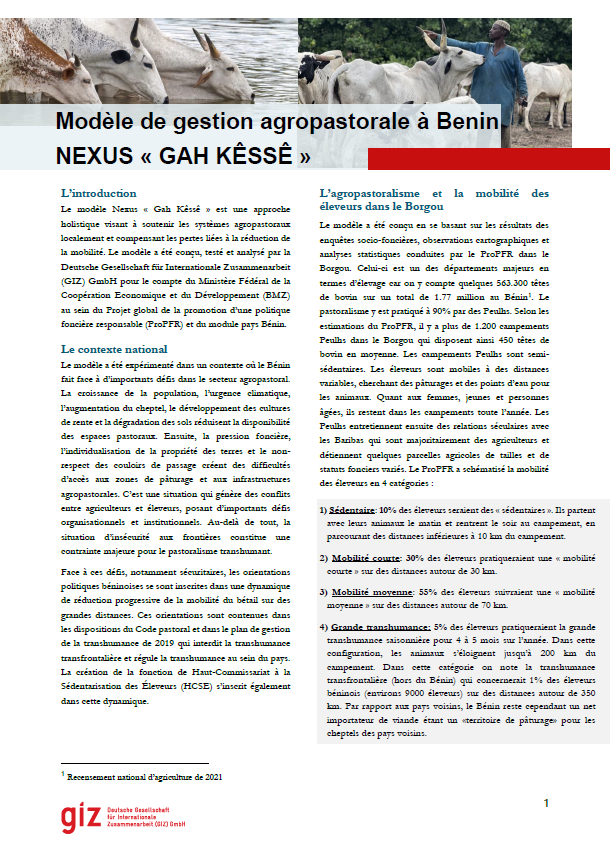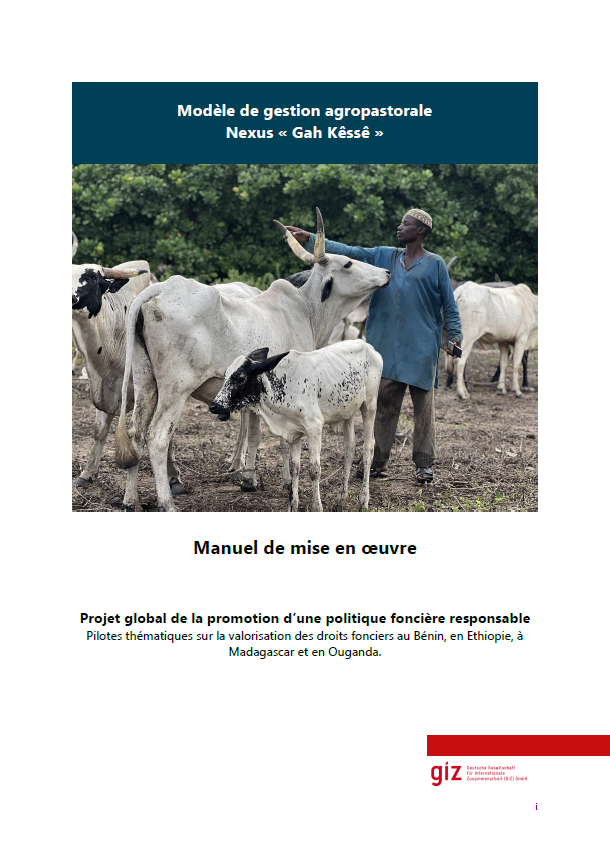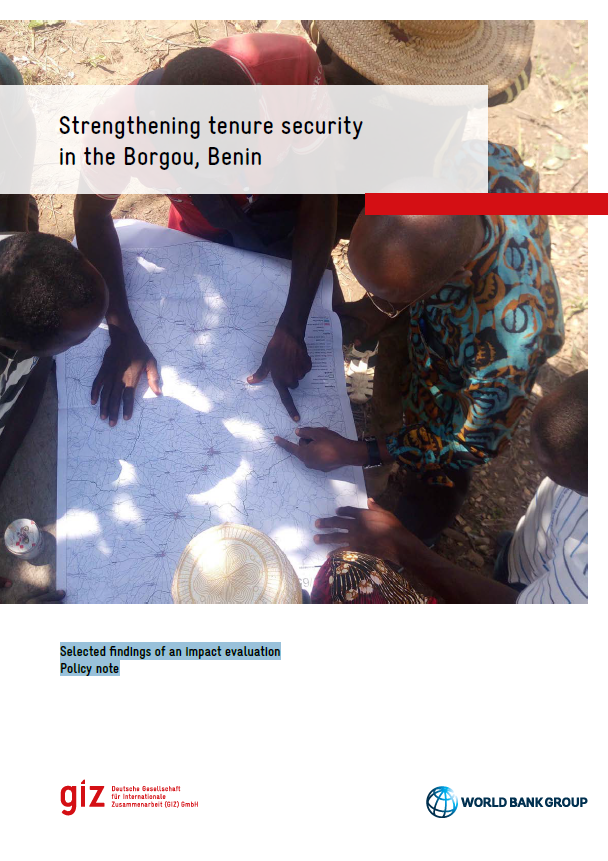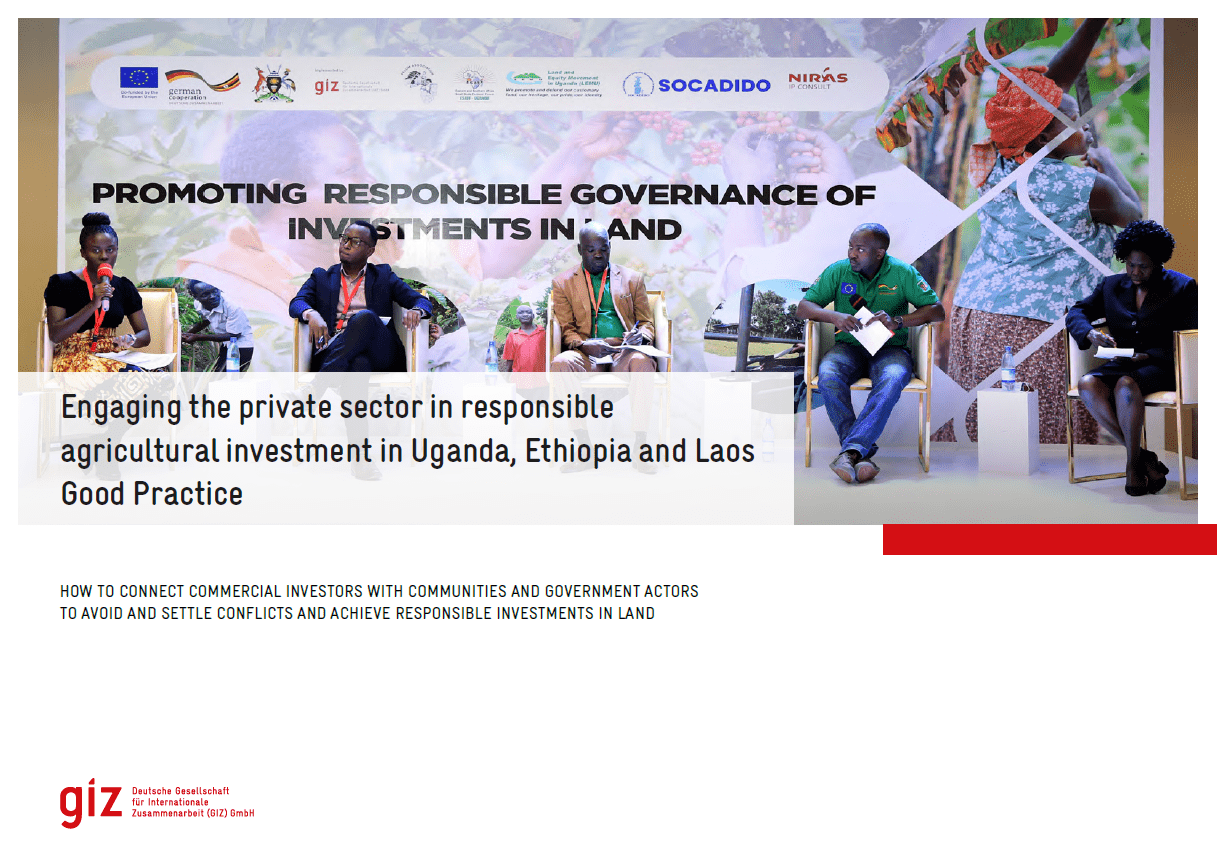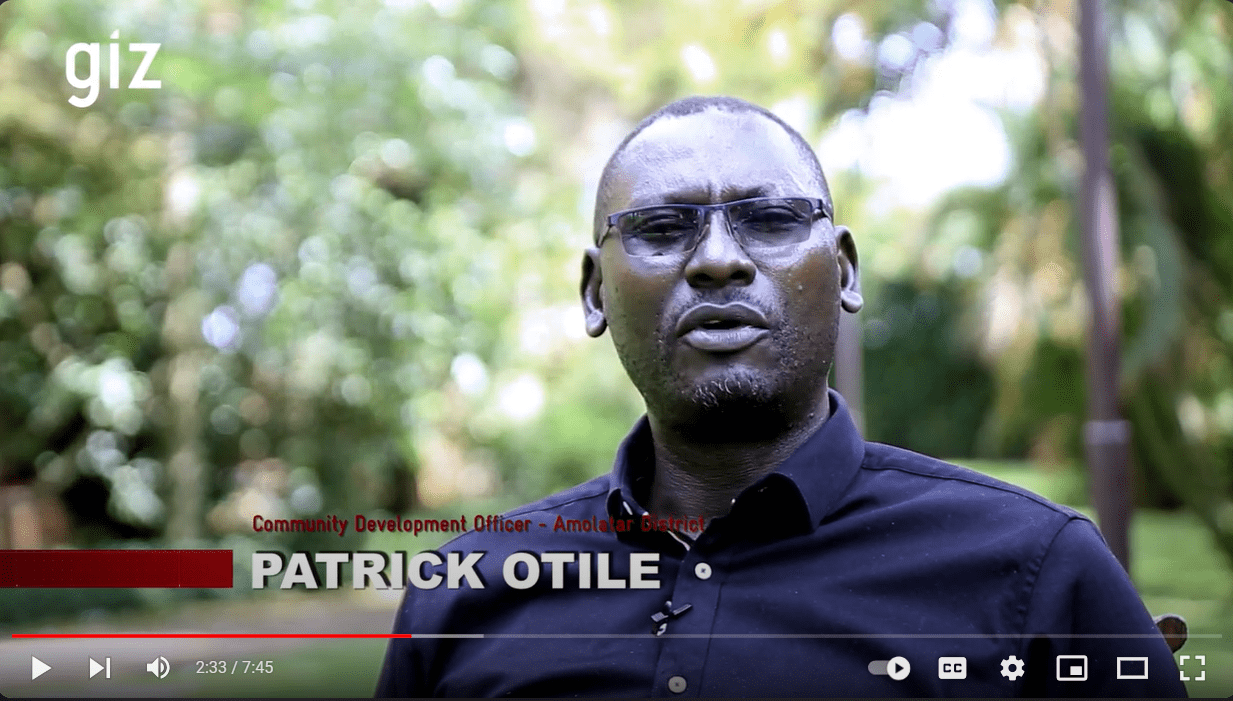Location
As a service provider in the field of international cooperation for sustainable development and international education work, we are dedicated to shaping a future worth living around the world. We have over 50 years of experience in a wide variety of areas, including economic development and employment promotion, energy and the environment, and peace and security. The diverse expertise of our federal enterprise is in demand around the globe – from the German Government, European Union institutions, the United Nations, the private sector, and governments of other countries. We work with businesses, civil society actors and research institutions, fostering successful interaction between development policy and other policy fields and areas of activity. Our main commissioning party is the German Federal Ministry for Economic Cooperation and Development (BMZ). The commissioning parties and cooperation partners all place their trust in GIZ, and we work with them to generate ideas for political, social and economic change, to develop these into concrete plans and to implement them. Since we are a public-benefit federal enterprise, German and European values are central to our work. Together with our partners in national governments worldwide and cooperation partners from the worlds of business, research and civil society, we work flexibly to deliver effective solutions that offer people better prospects and sustainably improve their living conditions.
Members:
Resources
Displaying 11 - 15 of 340Modèle de gestion agropastorale à Benin Nexus « Gah Kêssê »
Le modèle Nexus « Gah Kêssê » est une approche holistique visant à soutenir les systèmes agropastoraux localement et compensant les pertes liées à la réduction de la mobilité. Le modèle a été conçu, testé et analysé par la Deutsche Gesellschaft für Internationale Zusammenarbeit (GIZ) GmbH pour le compte du Ministère Fédéral de la Coopération Economique et du Développement (BMZ) au sein du Projet global de la promotion d’une politique foncière responsable (ProPFR) et du module pays Bénin.
Modèle de gestion agropastorale Nexus « Gah Kêssê »
Le modèle Nexus « Gah Kêssê » est une approche holistique visant à améliorer localement les conditions de vie des populations agropastorales. Le modèle a été conçu, testé et analysé par la Deutsche Gesellschaft für Internationale Zusammenarbeit (GIZ) GmbH pour le compte du Ministère Fédéral de la Coopération Economique et du Développement (BMZ) au sein du Projet global de la promotion d’une politique foncière responsable (ProPFR) et du module pays Bénin.
Strengthening tenure security in the Borgou, Benin
Increasing investment by smallholders in agriculture and livestock is essential for improving food security, income and resilience to climate change, but can be constrained by tenure insecurity. To help overcome the barriers faced in improving land tenure security, the Deutsche Gesellschaft für Internationale Zusammenarbeit (GIZ) German Federal Ministry for Economic Cooperation and Development (BMZ) launched the Global Project on Responsible Land Policy (GPRLP), which is testing interventions, evaluating impact and drawing lessons for scaling.
Engaging the private sector in responsible agricultural investment in Uganda, Ethiopia and Laos, Good Practice
As part of the Global Programme Responsible Land Policy in Ethiopia, Laos and Uganda, the Responsible Governance of Investments in Land (RGIL) project, co-financed by the European Union (EU), aims to ensure that investments in land are fair, productive and contribute to sustainable land management. A key element of this is strong engagement of private investors in those processes.


